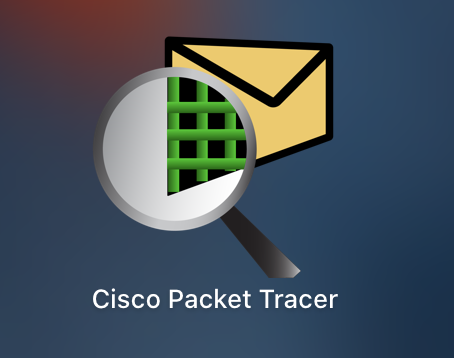Course Details

Introduction to Cisco Packet Tracer
- Overview of Cisco Packet Tracer and its features
- Understanding the importance of network simulation and modeling
- Installing and configuring Cisco Packet Tracer
Networking Fundamentals
- Overview of computer networks and network devices
- TCP/IP protocol suite and OSI model
- IP addressing and subnetting
- Routing and switching concepts
Basic Network Configuration
- Configuring routers and switches in Cisco Packet Tracer
- Setting up IP addresses and default gateways
- Configuring VLANs and inter-VLAN routing
- Implementing static and dynamic routing protocols
Network Services and Protocols
- Configuring DHCP (Dynamic Host Configuration Protocol)
- Implementing DNS (Domain Name System)
- Setting up NAT (Network Address Translation)
- Configuring ACLs (Access Control Lists)
Wireless Networking
- Configuring wireless networks and access points
- Implementing security measures in wireless networks
- Troubleshooting common wireless network issues
Network Security and VPNs
- Configuring basic network security features
- Implementing firewall rules and security policies
- Setting up VPN (Virtual Private Network) connections
Network Monitoring and Troubleshooting
- Monitoring network performance using tools in Cisco Packet Tracer
- Troubleshooting network connectivity issues
- Analyzing network traffic and packet captures
Network Design and Simulation
- Designing network topologies and architectures
- Simulating and testing network configurations
- Implementing redundancy and high availability in networks
Advanced Routing and Switching
- Configuring advanced routing protocols (OSPF, EIGRP, BGP)
- Implementing advanced switch features (VTP, STP, EtherChannel)
- Optimizing network performance and scalability
Network Virtualization and Cloud Computing
- Understanding network virtualization concepts
- Configuring virtual networks and virtual machines
- Integrating networks with cloud computing platforms
Cisco Packet Tracer Projects and Case Studies
- Applying the knowledge and skills acquired throughout the course
- Building and troubleshooting complex network scenarios
- Completing hands-on projects and case studies

